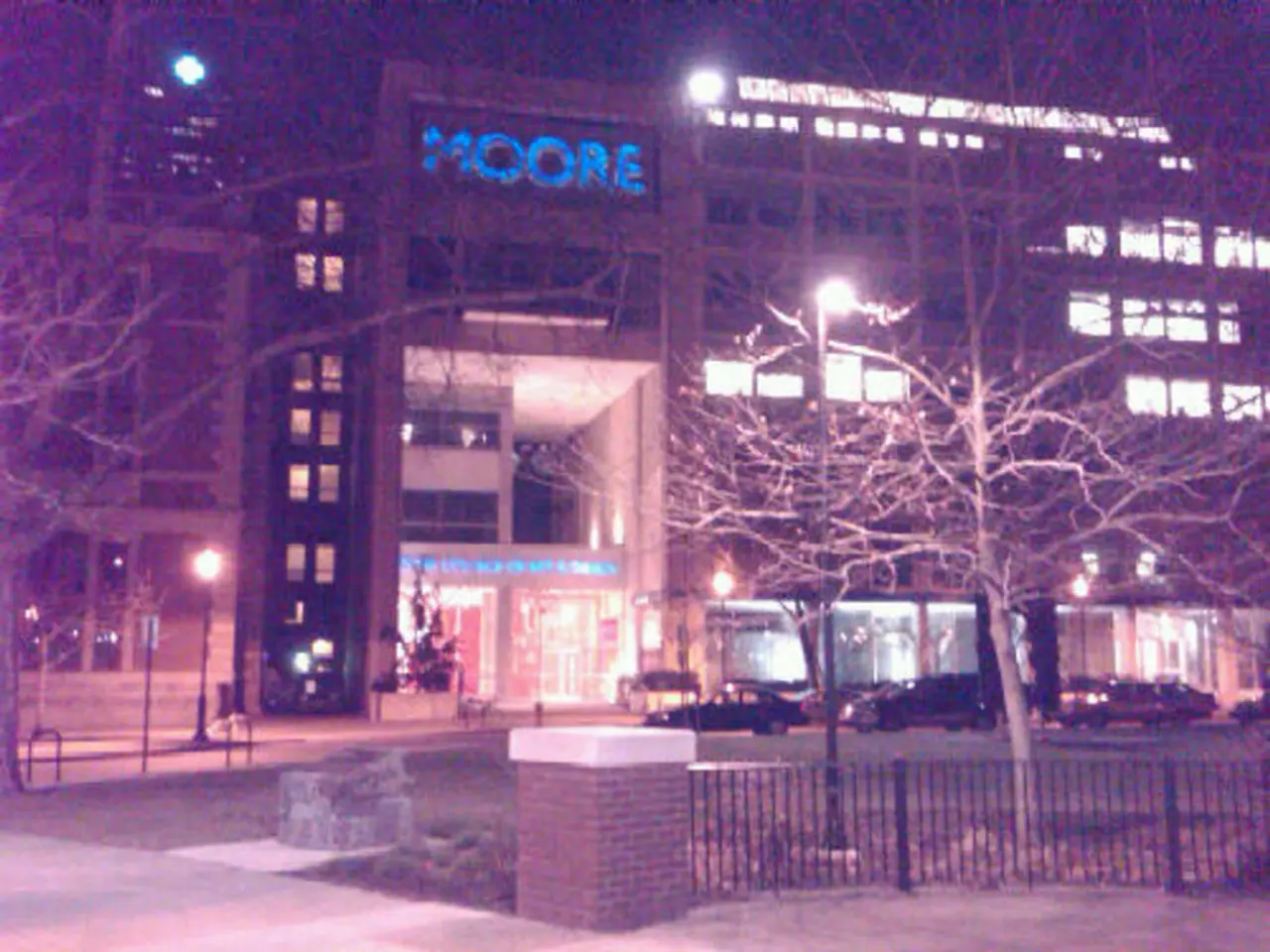Harlem's Legionnaires' outbreak indicates potential dangerous implications for New York City's health, with impending deep Medicaid reductions on the horizon.
In the heart of Upper Manhattan, Congressional District 13, which encompasses Harlem and East Harlem, faces a looming healthcare crisis due to proposed Medicaid cuts under the "One Big Beautiful Bill Act."
These cuts could have severe impacts on the district, threatening public health and local hospitals, leading to a loss of health coverage for thousands of residents, and imposing administrative barriers on those who remain insured.
Harlem Hospital Center and Metropolitan Hospital Center, two key healthcare providers in the district, are particularly at risk. They rely heavily on Medicaid, with Harlem Hospital Center receiving 82% of its net patient revenue from this source, and Metropolitan Hospital Center depending on it for 52%. Significant cuts would strain their ability to provide care, especially during public health emergencies like the recent Legionnaires’ disease outbreak in Harlem.
The district, which has one of the highest concentrations of Medicaid recipients in the city and state, could see about 11,000 Essential Plan members losing coverage by year’s end. The Essential Plan serves residents who earn too much for Medicaid but cannot afford private insurance; losing it would leave many uninsured.
Residents face new burdens such as biannual recertification of eligibility and work requirements starting in 2026, complicating access and continuation of benefits for nondisabled adults who must either work, volunteer, or attend school to maintain coverage.
The financial strain could cost Congressional District 13 approximately $400 million, making it one of the most affected districts in the state. This financial strain risks reducing local healthcare service capacity and exacerbating health disparities.
U.S. Rep. Adriano Espaillat, representing the district, has publicly opposed the bill, emphasizing its detrimental effects on his constituents’ healthcare access and the local healthcare system.
Local officials are urged to take immediate steps to shore up SNAP benefits to prevent a food insecurity emergency and boost funding for community-based organizations. Without stronger city and state support, these providers will be overwhelmed. The SNAP reduction alone will lead to longer lines at food pantries and less nourishing food.
The illness is more dangerous for older adults and those with underlying health conditions, who are disproportionately insured through Medicaid or Medicare. Potential hospital closures or service cuts would compound the problem by forcing residents to travel further for urgent care, leading to medical debt and uncompensated care.
About 10 million Americans could lose health insurance under President Donald Trump's tax cut and spending law, according to the most recent Congressional Budget Office analysis. On Aug. 11, the CBO projected that 7.5 million people will lose Medicaid coverage over the next decade.
Immigrants who are legally authorized to live in the US, like refugees, make up about half of the essential plan enrollees. Without the essential plan, these individuals would be left without affordable healthcare options.
As the district braces for these potential changes, it is crucial for local officials and healthcare providers to work together to ensure the continuity of care for all residents.
- The proposed cuts to Medicaid under the "One Big Beautiful Bill Act" could lead to a loss of health coverage for thousands of residents in Congressional District 13, potentially affecting the health-and-wellness of these individuals.
- The impact of these Medicaid cuts is particularly severe for key healthcare providers like Harlem Hospital Center and Metropolitan Hospital Center, which heavily rely on Medicaid funding, which could strain their ability to provide care, especially during public health emergencies.
- The potential loss of health coverage, coupled with new eligibility requirements and work mandates, could push the district towards a general-news crisis, with implications for policy-and-legislation, health-coverage, and politics, as residents face increased financial and health burdens.




